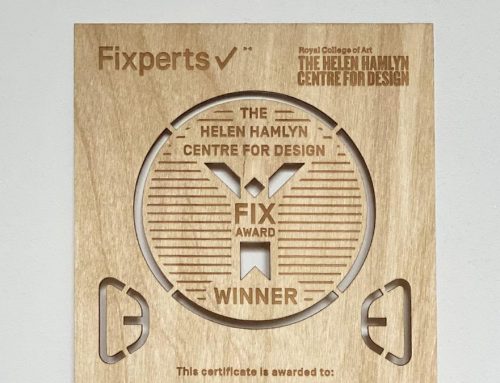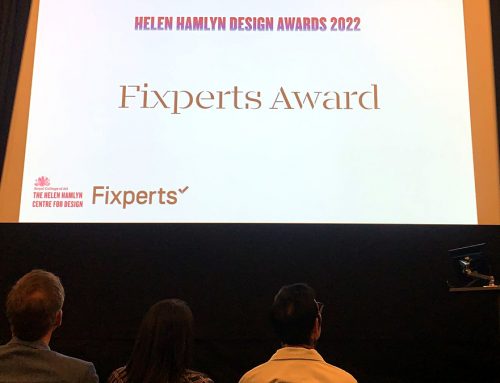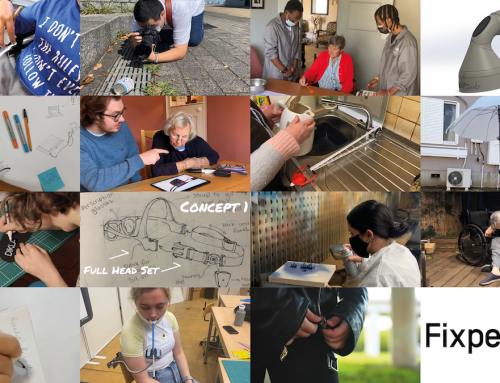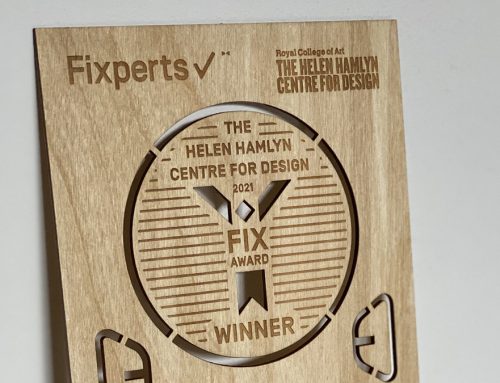_
Fixperts Improvement on the Social Responsibility Practices Course
Authors: Abdusselam Selami Cifter, Aylin Ayna, Inci Olgun, Senay Cabuk at Mimar Sinan Fine Arts University
_
Since 2018, we have been running the “Social Responsibility Practices” course of the Faculty of Architecture in Mimar Sinan Fine Arts University/Istanbul. The course aims to provide an interdisciplinary and experiential learning environment for design students from four different departments dealing with design in different scales (from micro to macro scale: industrial design, interior architecture, architecture and city and regional planning), where students in workgroups use their design skills to respond to real challenges from a social responsibility perspective. Every term several non-governmental organisations (NGO) are partnered to provide students with the real-life context for their design projects, however, previously their involvement was limited to a few meetings, in which students received unstructured feedback on their ongoing projects. In fact, this was in confliction with the intention of the course since it aims to develop students’ understanding of social responsibility through interaction with different communities. Due to these reasons, as being the tutors of this course, we decided to find a new method to develop students’ creative-problem-solving competencies and understanding of inclusive design.
_
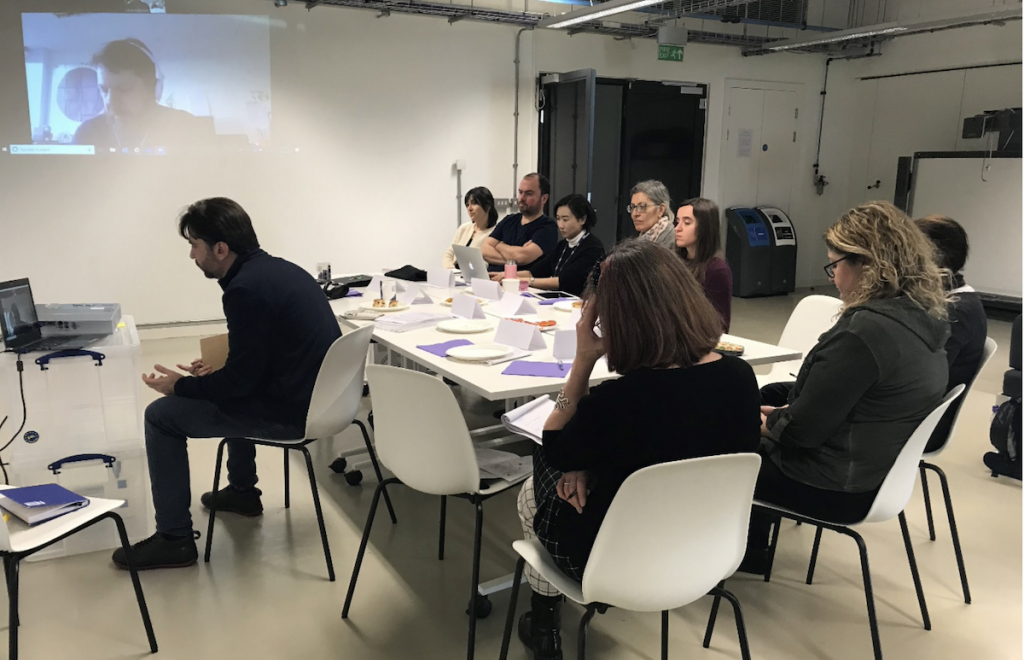
_
In 2020, with the “Sustaining Inclusive Design Collaborations through Co-Design Platforms (SIDe Programme)” project, which is carried out in collaboration with the School of Design and Creative Arts of Loughborough University (UK) and the Faculty of Architecture of Mimar Sinan Fine Arts University (TR), and supported by the British Council through Newton Fund, Research Environment Links UK-Turkey Programme, the educational approach in this course was focussed on to provide the necessary improvements in accordance with its aim. FixEd was a partner of this project and, in an early project meeting, Prof. Daniel Charny introduced us the Fixperts method, which integrates co-design into the learning process. In the Spring Term of 2019-2020 education year, for the first time, our students were teamed up with volunteer design partners from two NGOs on disability and carried out a co-design process throughout the term. Despite COVID-19 pandemic and its resulting online education process, students were able to carry out their design works effectively due to the strong communication they developed with their design partners. Besides, preparing a short film as an outcome, which is also a unique stage of the Fixperts method, enabled students to clarify and reflect on their problem identification, design process and the resulting design solution. Even though prototyping opportunities were limited because of COVID-19 interference and its measures, we can clearly express that the Fixperts method transformed our educational approach into a creative-problem-solving process through co-design. Besides, the method not only increased students’ understanding of the inclusive design but also helped the development of new knowledge on design within the partnering NGOs too.
_
At the end of the term, a project presentation event was organised to share unique experiences among all the actors (i.e. students, tutors and partnering NGOs) involved in the process. The very positive feedback we received has proved the impact of the improvements on the course. The method also strongly increased the involvement of NGOs and clarified their roles in the process. The resulting 14 student projects and their 3 minutes films can be viewed from the “Project Gallery” page of our web-platform www.inclusivedesignside.org.
_
Click here to read more about ‘Sustaining Inclusive Design Collaboration through Co-design platforms’ in a recent paper by the author and Professors Hua Dong and Sharon Cook.


